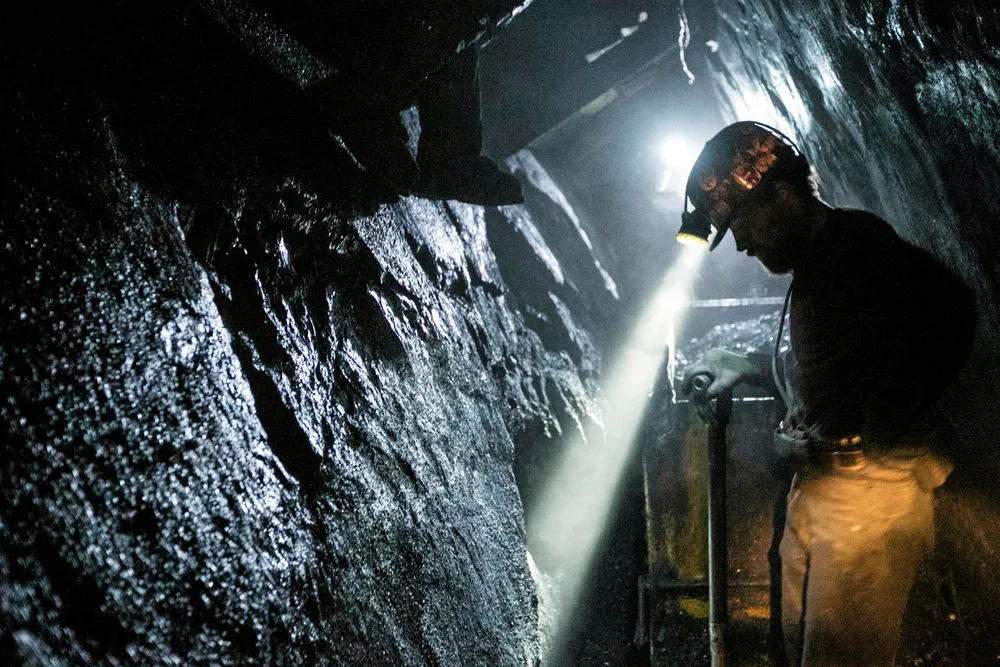Biden administration to transition coal miners to clean energy with $428m in business grants
Department of Energy to direct investment into mostly rural communities hard-hit by fossil plant closures that have decimated workforces

The US Department of Energy (DoE) will directly invest $428m through grants into 14 clean energy manufacturing projects proposed by small- and medium-scale businesses in 15 former coal communities across the country.
The project selections will address five key supply chains – batteries, clean power generation, energy efficiency products, grid components, and low-carbon materials.
The projects are in the states of Illinois, Kentucky, Michigan, Maryland, Pennsylvania, Tennessee, Texas, Utah and West Virginia.
The sponsors are based in communities with de-commissioned coal facilities. The facilities will leverage more than $500m in private sector investment and create at least 1,900 high quality jobs, according to DoE.
“By leveraging the know-how and skillset of the former coal workforce, we are strengthening our national security while helping advance forward-facing technologies and revitalize communities across the nation,” said Energy Secretary Jennifer Granholm.
Among the projects is a facility to enable domestic production of advanced electrolytes for use in lithium-ion battery (LIB) cells in electric vehicles (EV), defence applications, and consumer electronics, and a first-of-its-kind plant in the US to produce battery-grade iron phosphate.
Other DoE investments include a facility to establish US-based manufacturing of high voltage direct current (HVDC) conductors and other advanced conductors, and a manufacturing plant to repurpose EV batteries to produce safe, reliable, and affordable battery energy storage systems.
As demand declines for coal as a fuel for electric power generation, mining employment this century has declined from a peak of 92,000 jobs in 2012 to about 42,000 at the end of 2023, delivering an economic blow to affected, mainly rural communities.
President Joe Biden’s administration has sought to create clean energy jobs in some of those locations with former mines (closed after 1999), and/or coal cleaning, processing, and transport facilities, or a coal-fired electric generating unit that has been retired since 2009.
Aside from grants, the 2022 climate law signed by Biden makes available long-term federal tax credits with a potential 10% adder if a project is in a qualifying “energy community.”
The Inflation Reduction Act also provides tax credits for investment in new manufacturing plants or expansions, and for production of each clean energy component.
Lawyers advising companies looking to invest in coal country said the tax incentives are popular although application guidance from the Department of Treasury has taken longer than many had anticipated.
In June 2023, the United Mine Workers of America union issued a statement declining to endorse a candidate in this presidential election cycle, while highlighting job losses in the coalfields.
“These are the best-paying jobs in their communities. Many, if not most, were union jobs,” said union president Cecil Roberts.
“We have engaged with anyone who will talk to us about the need for rapid development of new manufacturing jobs in these distressed areas and the training of the existing workforce to step into those jobs.”
Roberts said two years after passage of the 2021 bipartisan infrastructure law that provides about $1trn in federal funding for rural and urban infrastructure, “We have yet to see a single good-paying union job that has been created for a dislocated coal miner to step into.”
(Copyright)